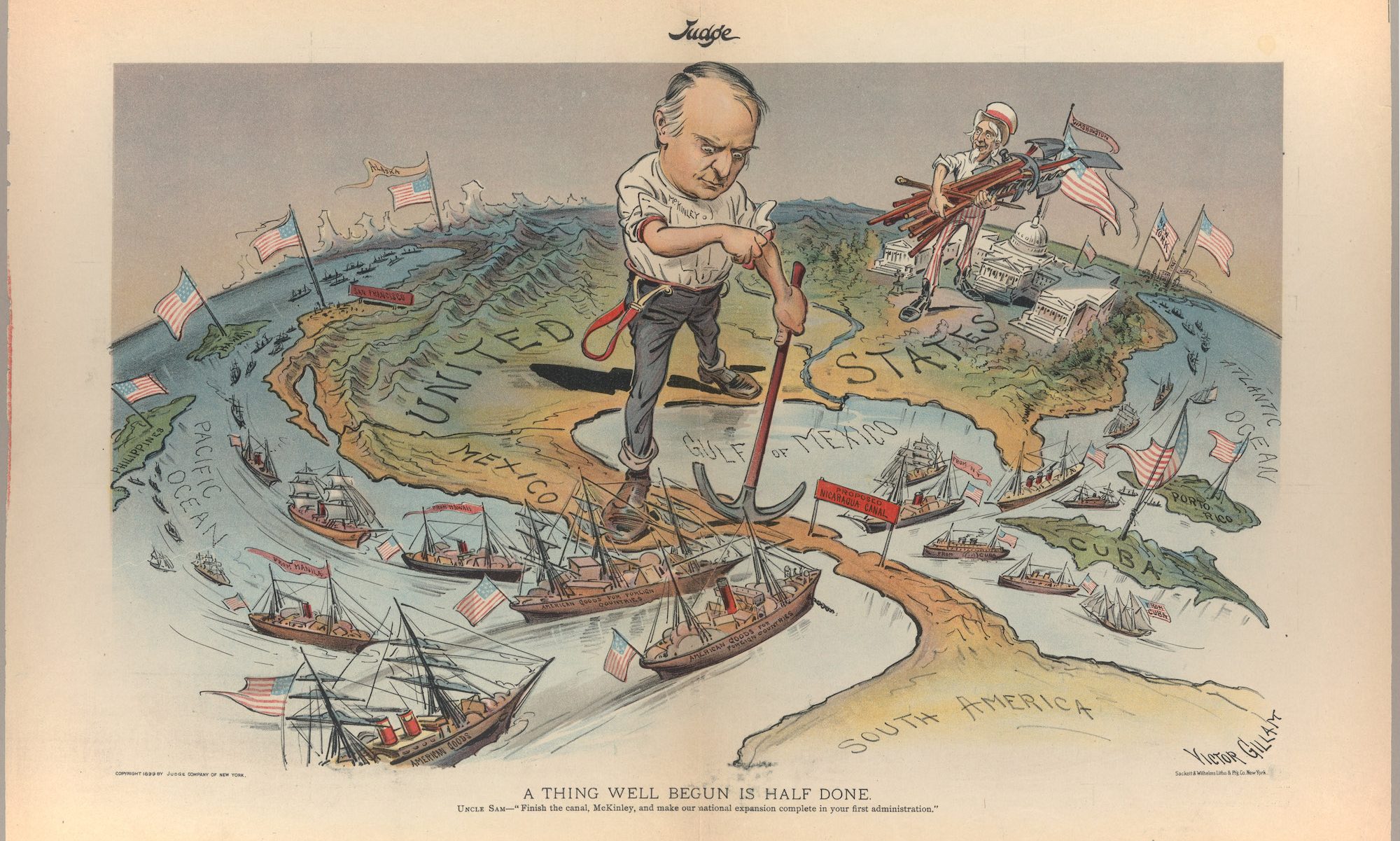
Tyler Cowen’s The Complacent Class arrived at almost the right time to affect the American discourse over the country’s economic and political direction. Had it hit in early or mid-2016, the book’s theme—that American elites have become too resistant to change—would have hit exactly the right sort of resonance. Throughout 2016, pretty much everyone but Hillary Clinton’s campaign managers recognized the widespread dissatisfaction with American cultural, economic, and political institutions. Indeed, this displeasure had become a staple of cultural criticism, such as Chris Hayes’s Twilight of the Elites and Lee Siegel’s Harvard is Burning. Cowen’s book, in that sense, ploughs a well-prepared furrow.
And it really is striking how dissatisfied Americans are withe their institutions. Gallup, among others, regularly polls Americans about how much confidence they have in their institutions, and the data display pretty convincingly that Americans are losing faith in everything–except the military and the police. This is immediately apparent in absolute terms, where the military (top, green line) has retained–even grown in–public esteem while Congress, big business, and newspapers–none ever really popular–have dropped over the past three decades.

Looked at in terms of relative confidence (relative to 1993 levels), it is astonishing to see how steady confidence in the police and the military has been–and how bizarrely popular Congress was (relative to historical performance) in the 1990s. Notably, “civilian” institutions save for labor are all clearly less popular than they were three decades ago, while military or quasi-military institutions are growing. There is a pretty clear, and pretty clearly long-term, crisis of confidence in American institutions.

But Cowen’s frame is new and welcome. Why, he asks, is a country so manifestly unenamored of its elites and institutions so resistant to change? “Americans are in fact working much harder than before to postpone change, or to avoid it altogether, and that is true whether we’re talking about corporate competition, changing residences or jobs, or building things,” he writes (p. 1). Cowen’s answer (p. 2) is that a “growing number of people … accept, welcome, or even enforce a resistance to things new, different, or challenging. These people might in the abstract like some things to change, they might even consider themselves progressive or even radical politically, but in fact they have lost the capacity to imagine or embrace a world where things do change rapidly for most if not all people.” As he observes, “the defining feature of these groups of people is, most of all, the lack of a sense of urgency” (p. 5). Throughout, The Complacent Class draws an implicit contrast with Richard Florida’s classic work of thought-leadership, The Creative Class. Here, though, the latte-sipping Prius-driving elites are not the virtuous leaders of a productivity revolution; they are more likely to be the villains of the piece, whose mobilization against change and growth pulls the ladder up from behind them just when they have found a comfortable perch.
Continue reading “Tyler Cowen, The Complacent Class [Review]”


